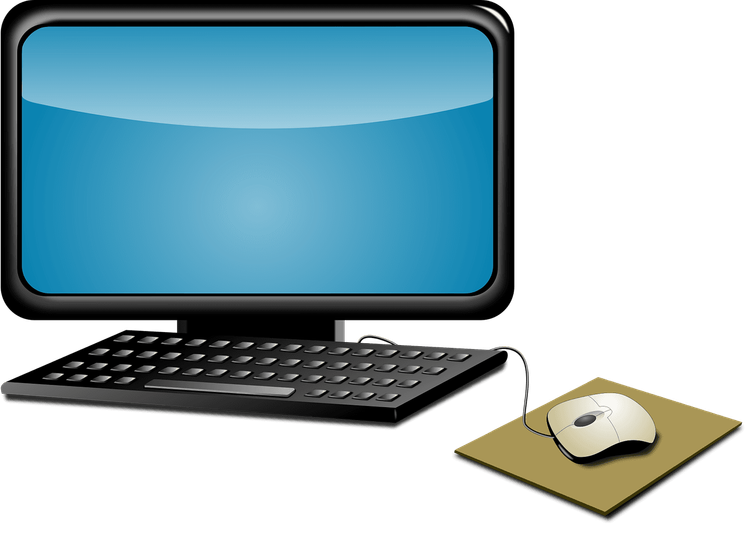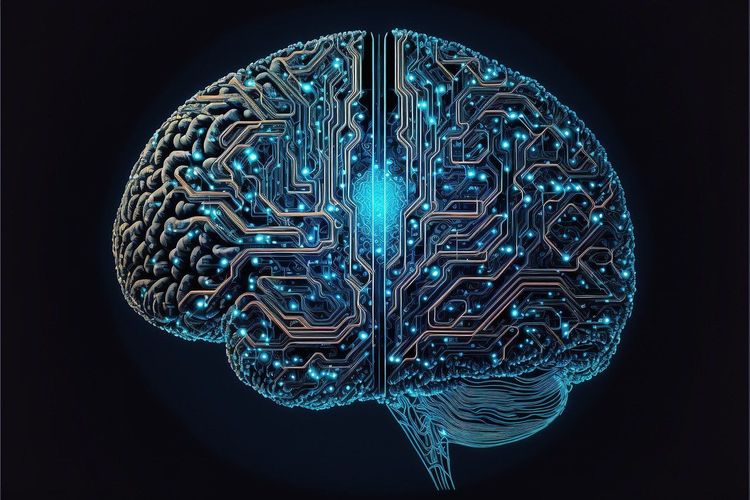Today, Elon Musk, the billionaire behind Tesla and SpaceX, announced that his AI startup, xAI, will open-source its Grok large language model this week.
This decision signifies Musk backing his claims after filing a lawsuit against OpenAI, a company he co-founded, for not adhering to the "open" principles implied in its name. By open-sourcing Grok, Musk adds another option to the expanding open-source generative AI community, which includes Google, Meta, and Mistral, all of whom have released powerful models. This move caters to a growing number of companies opting for open-source generative AI as a cost-effective and customizable alternative, albeit often less powerful than OpenAI's closed GPT-4.
The specifics regarding the open-sourcing of Grok remain unclear, including whether it will be fully open-sourced for commercial use or limited to research purposes. At this time, Musk or xAI have not provided further details.
This announcement comes just weeks after Musk filed a lawsuit against OpenAI and its CEO, Sam Altman, following disagreements over the company's direction. In his lawsuit, Musk claims that OpenAI has violated its founding agreement by keeping the GPT-4 model, which powers ChatGPT Plus and other products, closed and accessible only to investor Microsoft.
"OpenAI is a lie," Musk stated on X, shortly after revealing the plan to open-source Grok.
What Does Grok Offer?
Introduced in November 2023, Grok serves as the large language model behind xAI’s ChatGPT competitor, also named Grok. It is available on X, formerly known as Twitter, through the platform's 'Premium+' subscription for $16 per month.
xAI describes Grok as inspired by "The Hitchhiker's Guide to the Galaxy," designed to answer a wide range of inquiries while promoting understanding—regardless of users' backgrounds or beliefs. Grok-0, the initial prototype, boasted 33 billion parameters, followed by Grok-1, which has undergone several enhancements since its release and now powers the Grok chatbot on X.
According to benchmarks like GSM8K, HumanEval, and MMLU, Grok-1 outperforms Llama-2-70B and GPT-3.5, though it still trails behind GPT-4, which remains a leader in large language models alongside the new Claude 3 Opus.
What sets Grok apart is its training on X data, allowing it to incorporate real-time updates and user-generated content. This enables Grok to provide timely responses on current events, whether political issues or sports games, often infused with humor and sarcasm.
In a related note, Musk has denied reports that xAI is seeking billions from outside investors.
Open-Grok Bolsters Musk’s Case Against OpenAI
While the details of what xAI will open-source remain uncertain, Musk's decision to open Grok strengthens his lawsuit against OpenAI. Musk argues that the foundation of OpenAI, established in 2015, was to create open-source AI for humanity's benefit, countering for-profit entities like Google. He claims the organization has strayed from this mission since his departure, aligning closely with Microsoft as a profitable subsidiary focused on developing AGI.
Musk has criticized OpenAI’s shift in strategy and suggested it should be renamed "ClosedAI." The recent lawsuit prompted questions about why xAI had not open-sourced its technology, a situation Musk is now addressing.
While Musk publicly supports his case by open-sourcing Grok, OpenAI has asserted that it will seek to dismiss all allegations from Musk. In a recent blog post, OpenAI shared email exchanges from the company’s founding period, revealing that Musk did not oppose the idea of forming a for-profit entity to secure the funding necessary for pursuing AGI, acknowledging the reasoning behind moving towards a less open approach as the goal progressed.







